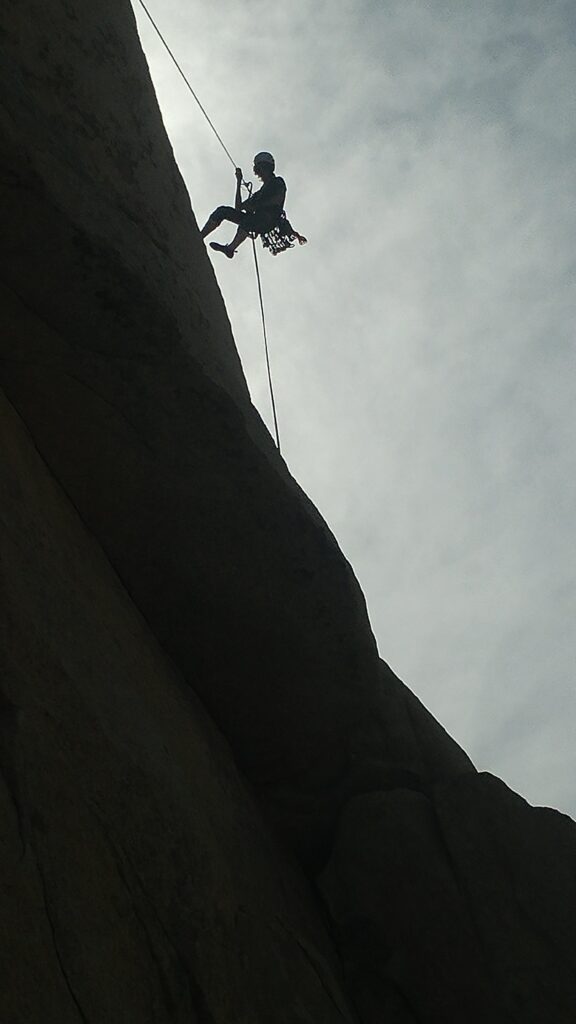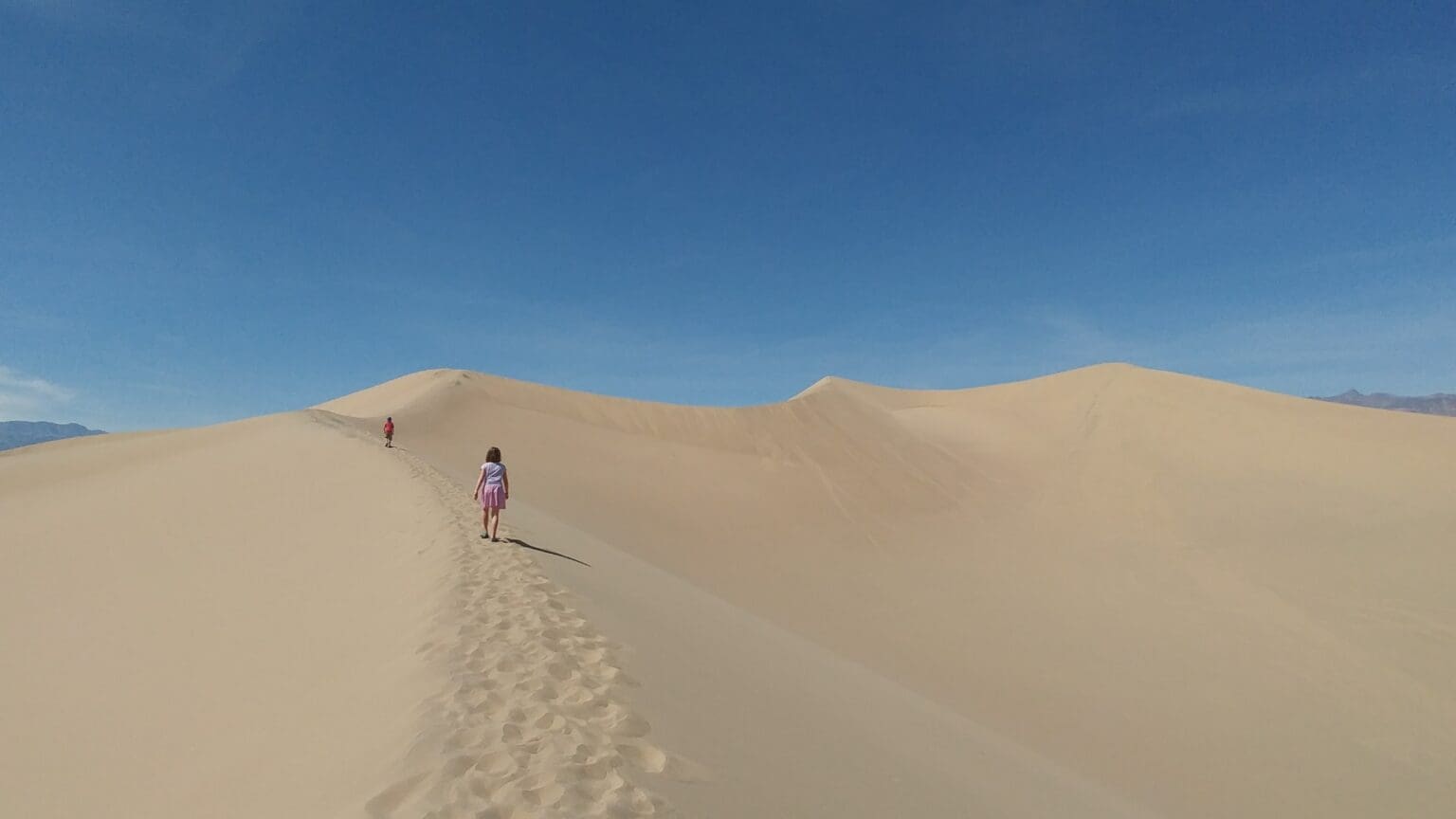Well, we just dodged a bullet. But there’s another one in the gun.
With only hours to go, the U.S. Congress averted a government shutdown with a 45-day stopgap measure. This means the next funding deadline is Nov. 17. The whiplash of these negotiations is mind-numbing, and the possibility of a shutdown next month will keep us all on edge.
For many, the term “government shutdown” means, “They’re at it again, fighting in Washington.” For those of us who make our livings operating on vast swaths of government land, it means uncertainty.
Where can we go? What can we do? What’s closed? What’s open? Who is managing it? What kind of damage will there be? How much money will we lose? Will we be compensated for lost income? When will this be over?
Several tiers in the outdoor world are impacted by government shutdowns. The one that stands out to most people is the closure of the national parks. These are often seen as the centerpiece of outdoor recreation in the U.S., but it’s important to note the National Forests and the lands overseen by the Bureau of Land Management (BLM) are also impacted by government shutdowns.
During the 2019 shutdown, hundreds of thousands of National Park Service (NPS), Forest Service and BLM personnel were furloughed. Approximately one-third of all the national parks were completely closed. The other two-thirds remained open but with extremely limited services.

Famously, several parks were damaged during the 2019 shutdown. Joshua Tree National Park was at the center of the controversy. People took offroad vehicles into sensitive areas, vandalized gates to get into closed camping areas, uprooted Joshua trees, left human waste and litter everywhere, and created new roads in the desert when there were traffic jams. Following the shutdown, former park superintendent Kurt Sauer claimed that it could take up to 300 years for the park to recover.
During a shutdown, furloughed workers are not paid. But following the shutdown, federal employees are guaranteed retroactive pay. This promise of future pay isn’t enough for many federal employees. Like most of us, they have bills that are due, and bill collectors that may or may not be sensitive to the nuances of a shutdown.
Federal contractors are not provided any kind of retroactive pay, so those who clean the bathrooms or plow the roads just have to live with the fact they will not receive any kind of compensation during or after a shutdown.
Outfitters and guides are not contractors but operate on federal lands, with federal oversight through a commercial permitting system. This means that we (“we” because I’m the owner of a guide service) are often left with an uneven and inconsistent patchwork of where we can and can’t operate. For example, if reservations or overnight permits are required, and there’s no one there to issue these, we’re not able to provide our services.
Sometimes outfitters and guides are allowed to operate in places where the public is still allowed to go. In other cases, we are not. The unguided public has access to these areas during a shutdown, while the guided public does not.
Outfitters and guides have no recourse for lost income.
The final tier in the outdoor recreation world impacted by shutdowns are “gateway communities.” A gateway community is commonly a town on the periphery of a national park or another type of government-managed land where visitors spend money on hotels, food, gas, groceries, gifts, rental items or any other amenities.

When a piece of publicly funded land is closed during a shutdown, it’s as if the financial spigot to that community has been turned off. Whether one works directly with visitors or not, the entire community feels the impact. If a large portion of those in your town make their living servicing visitors, and there are no visitors, then it follows that those workers will spend less money in their community — ultimately impacting every aspect of that community’s financial health.
Gateway communities are not compensated for lost income during a government shutdown.
Federal contractors, outfitters and guides, and the businesses in gateway communities are often small businesses that rely on loans from the Small Business Association. The SBA is unable to provide such loans during a shutdown, meaning many loans are delayed. In 2019, it was estimated that more than $2 billion in loans were delayed to small businesses throughout the country.
While government shutdowns have serious impacts outside the outdoor recreation economy, they’re not quite as visible. Many people suffer from the gamesmanship of politicians thousands of miles away. While there are many things we desire from our government, it should go without saying that, at the very least, they should be able to keep their doors open and their lights on.
Jason Martin’s outdoors column appears monthly. Email: jason@alpineinstitute.com. Twitter: @OutdoorPolitics.





